Business initiative moves to empower 300,000 young women through coffee
The Agriculture Business Initiative (aBi), in partnership with the MasterCard Foundation, has launched a program dubbed “Empowering Young Women Entrepreneurs Stimulated by Coffee” (EYE-C), a programme which is aimed at creating dignified jobs for over 300,000 young women through coffee-led economic inclusion, offering a powerful avenue to drive inclusive agricultural transformation.
Backed by the government’s target of achieving 20 million bags of coffee by 2030, EYE-C aims to create skilled and capable young women, deepen their financial inclusion and foster equitable access to markets for young women.
During a stakeholders meeting that brought together leaders from the government, the private sector, coffee farmers and development partners to explore a common roadmap for the inclusive economic participation of young women in Uganda’s coffee sector, Caroline Wamono, the interim program director of EYE-C, stated that the program has the potential to unlock rural Uganda by doubling the household incomes of young farmers, empowering women, and preparing communities for a climate-smart future.
“Through this initiative, we want to see that young women are empowered through coffee enterprises, participate in the economy and creation of wealth in the country, improve their livelihoods and remain resilient,” she said.
Only 20% of Ugandan farmers receive advisory services, so, Wamono urged stakeholders to close this gap and provide knowledge and resources to farmers, particularly youth and women, to increase productivity and income.
Dr Gerald Kyalo, commissioner for Coffee Development at the ministry of Agriculture, Animal Industry and Fisheries, stated that EYE-C will help escalate the Coffee Roadmap Vision 2030 by increasing coffee production either by planting new trees or rehabilitating the non-productive ones.Ugandan coffee
“We have a big stock of old trees. If we are able to rehabilitate even just 50 per cent, we will add a significant amount of coffee production to our current 8.2 million bags. So, this initiative is going to help us a lot to increase production by rehabilitating old coffee trees. But it is also going to address issues like access to finance and the creation of jobs for our youth and women,” he said.
Dr Kyalo further emphasised coffee’s central role in Uganda’s economy, as it contributes 22.6 per cent of export earnings and supports over 12 million Ugandans.
“Our journey to 20 million bags by 2030 is not just a goal; it is a national mission,” he stated, adding that coffee production has already grown from 4.7 million bags in 2017 to 8.2 million bags today.
He, therefore, noted that to earn the target of 20 million bags by 2030, the government is pursuing introducing coffee growing to non-traditional areas like Northern Uganda, which has already been catered for in the recently read national budget for the financial year 2025/26.
This is in addition to other government efforts, such as the provision of inputs, especially fertilisers and pesticides; the rehabilitation of old and unproductive coffee trees; the provision of value-added equipment like wet mills and solar driers to individual farmers, cooperatives and institutions like churches; and the provision of irrigation equipment to address the issue of climate change.
The event was capped by breakout sessions where participants tackled key issues affecting Uganda’s coffee sector, including affordable financing for smallholder farmers, land ownership challenges faced by women farmers, and the need for improved access to extension services and markets, among others.
They also identified practical strategies to strengthen production, engage youth and women more effectively, promote climate-smart practices, and improve coordination across the coffee value chain.





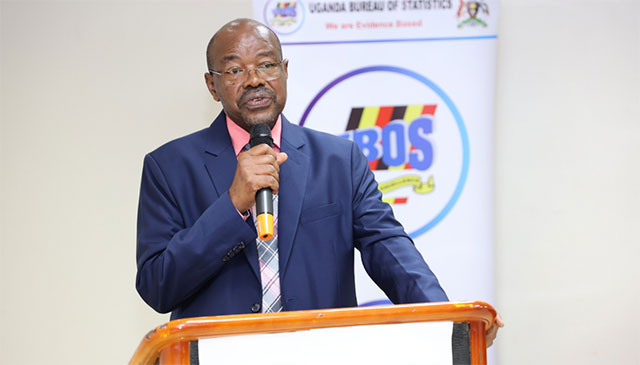
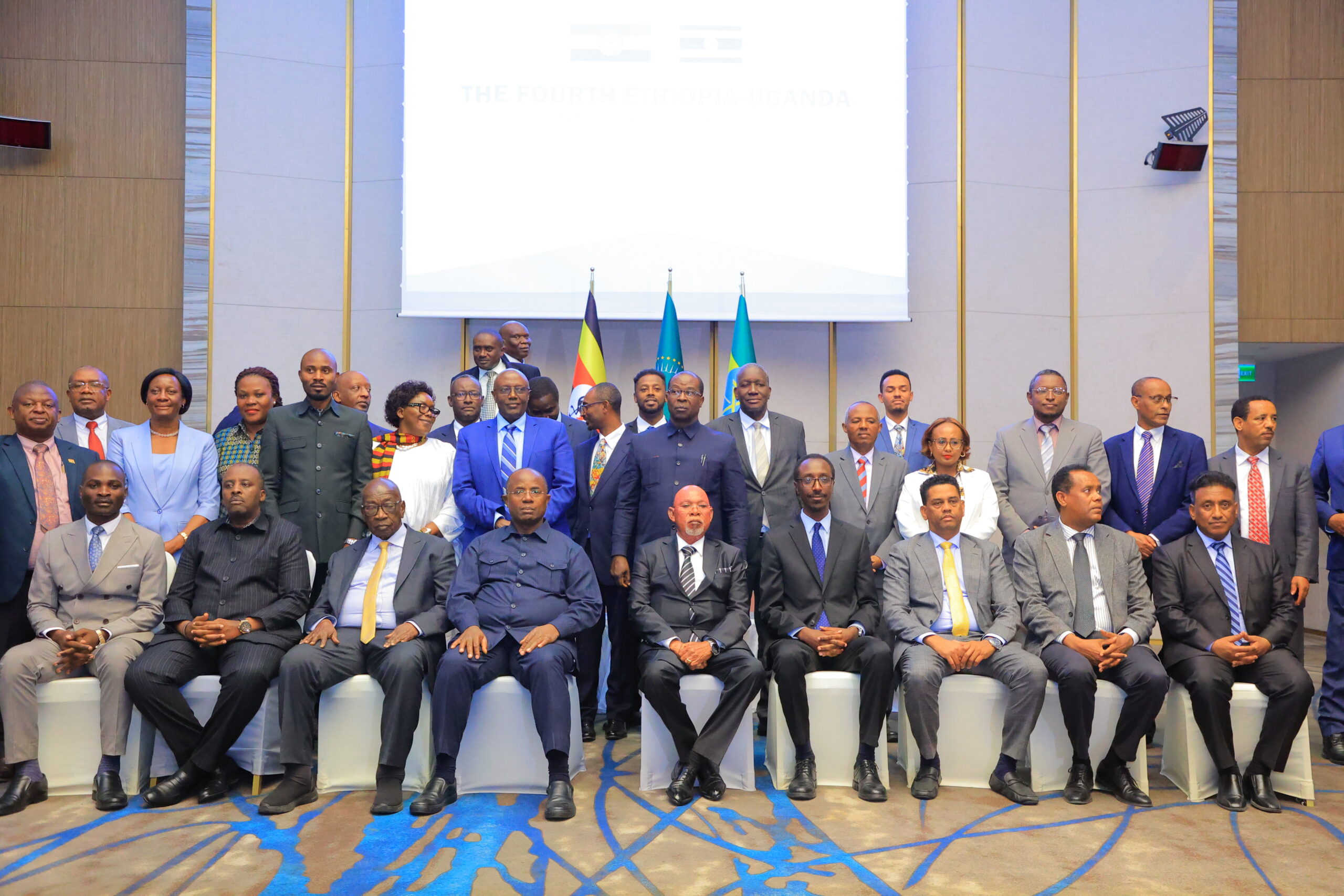

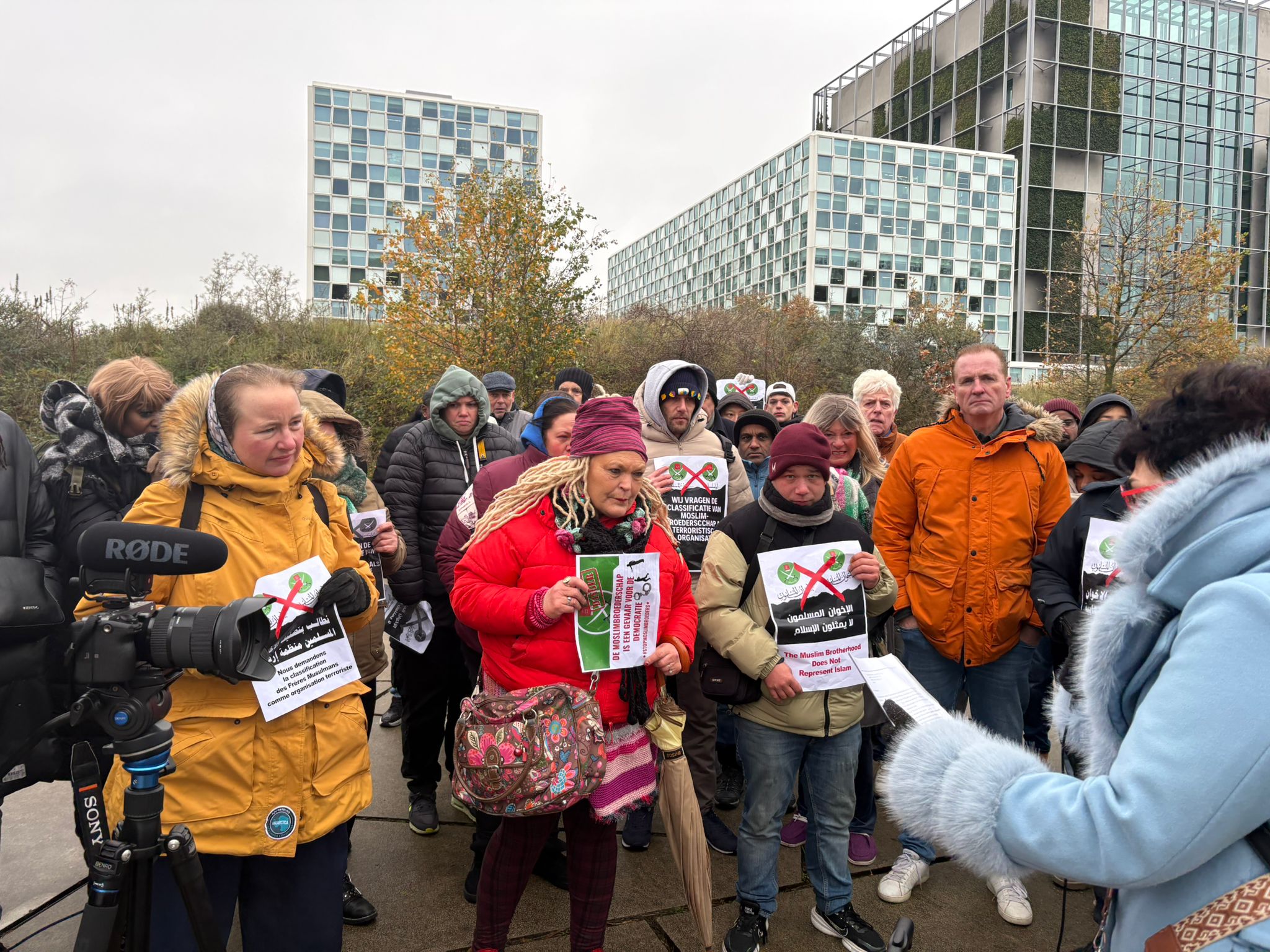
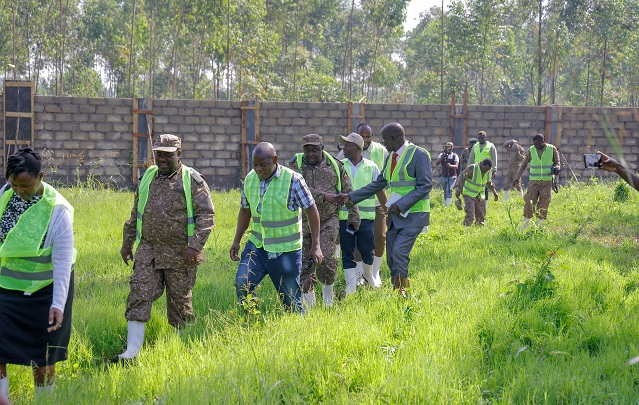
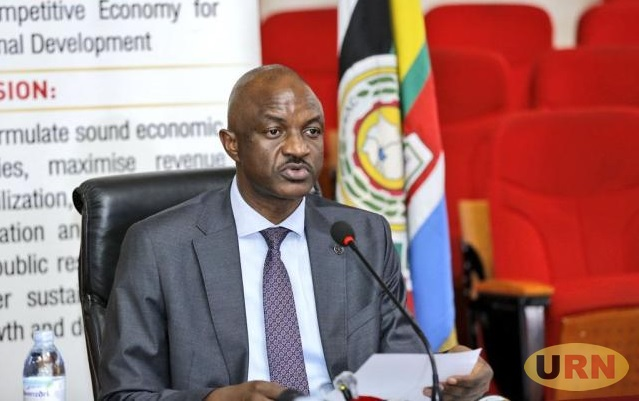





Comments
0 commentsNo comments yet. Be the first to comment!
Be the first to share your opinion about this article!
Add Comment